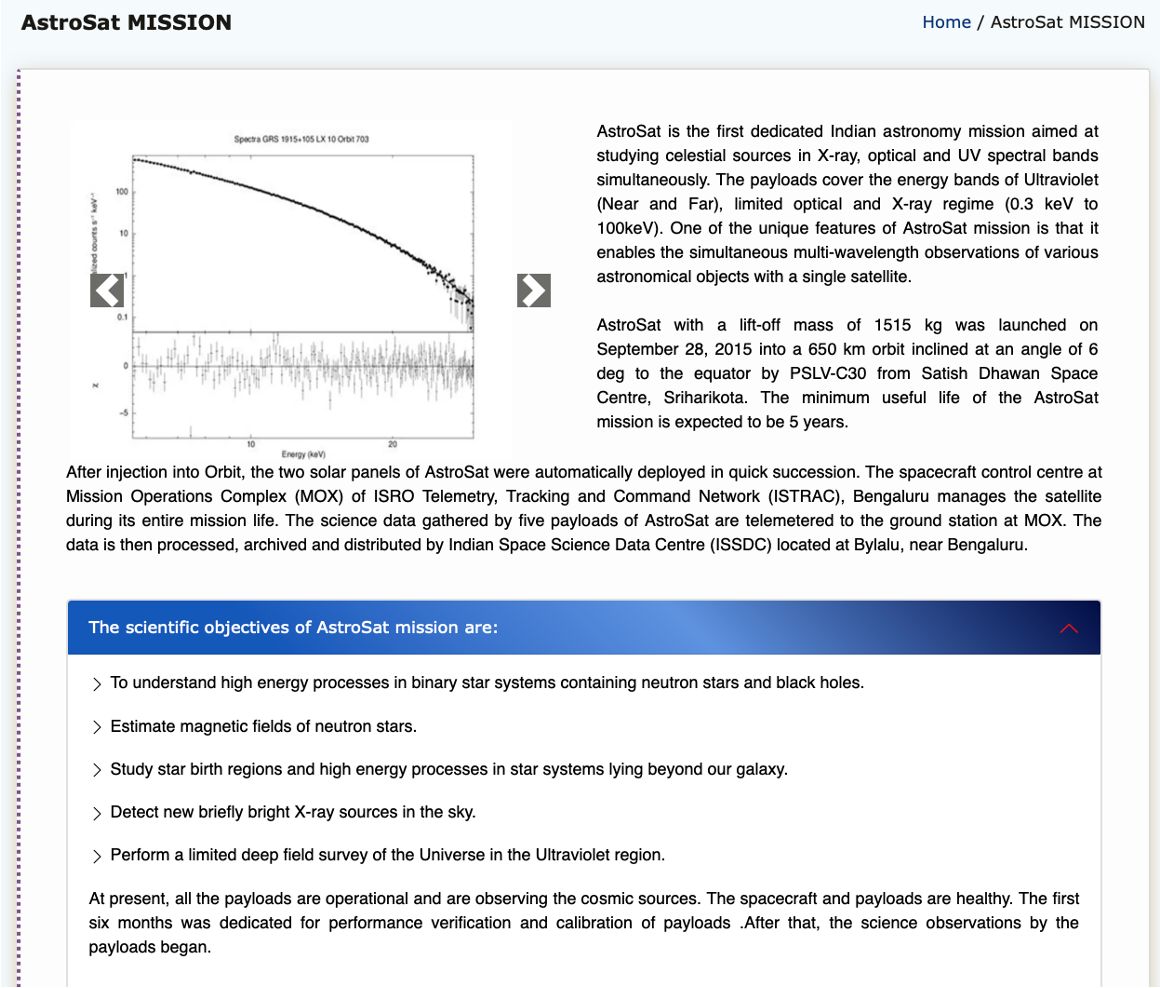Question 1
International Relations | International Organisations | Hard | The Hindu
SOURCE
Consider the following:
1. NATO membership is potentially open to all of the World’s emerging democracies that share the alliance’s values and are ready to meet the obligations of membership.
2. New members must be invited by a consensus of current members.
Which of the statements above is or are correct?
A. 1 only
B. 2 only
C. Both 1 and 2
D. None of the above
Solution & Detailed Explanation
Answer: (B) 2 only
Detailed Explanation
Question 2
International Relations | Places In News | Hard | The Hindu
SOURCE
Which among the following countries borders Moldova?
A. Hungary
B. Poland
C. Romania
D. Serbia
Solution & Detailed Explanation
Answer: (C) Romania
Detailed Explanation
Question 3
Science And Technology | Space | Medium | The Hindu
SOURCE
Which among the following is not an objective of Astro sat?
A. Study the formation of the earth.
B. Estimate magnetic fields of neutron stars
C. Detect new briefly bright X-ray sources in the sky.
D. Perform a limited deep field survey of the Universe in the Ultraviolet region.
Solution & Detailed Explanation
Answer: (A) Study the formation of the earth.
Detailed Explanation

Question 4
International Relations | International Organisations | Easy | The Hindu
SOURCE
Consider the following:
1. The UNGA Presidency rotates every two years.
2. The observer nations cannot vote in general but can vote during a deadlock.
Which of the statements above is or are correct?
A. 1 only
B. 2 only
C. Both 1 and 2
D. None of the above
Solution & Detailed Explanation
Answer: (D) None of the above
Detailed Explanation
- The President of the UN General Assembly is elected for one year and presides over the Assembly session from September to September, with the position rotating annually between the five regional groups. In contrast, the UN Security Council presidency rotates monthly among its members in English alphabetical order.
- Annual Presidency , with the role rotating between the five geographic groups: African, Asia-Pacific, Eastern European, Latin American and Caribbean, and Western European and other States.
- Observer nations in the UN General Assembly (UNGA) cannot vote under any circumstances, including during a deadlock. They are specifically denied voting rights as a condition of their observer status.
- No voting rights: Observer states and entities are explicitly prohibited from casting votes on resolutions or decisions within the UN General Assembly.
- Participation without a vote: The status allows non-member states (such as the Holy See and Palestine) and intergovernmental organizations (like the European Union) to participate in the UNGA’s work.
- Limited participation rights: Depending on the specific status granted, observers can participate in general debates and co-sponsor draft resolutions on certain matters. However, they are not allowed to propose candidates for UN bodies or elect members of the Security Council.
- Deadlock procedure: In the event of a deadlock in the Security Council due to a veto by a permanent member, the UNGA can take up the issue under the “Uniting for Peace” resolution. In these cases, the General Assembly makes recommendations to member states for collective measures to address threats to international peace and security. This process does not alter the voting rights of observer nations
Question 5
International Relations | International Organisations | Easy | The Hindu
SOURCE
Consider the following:
1. The term Global South originates from Non-Aligned Movement.
2. NAM was officially launched in the year 1955.
Which of the statements above is or are correct?
A. 1 only
B. 2 only
C. Both 1 and 2
D. None of the above
Solution & Detailed Explanation
Answer: (A) 1 only
Detailed Explanation
- The “Global South” is a diverse geopolitical grouping of mostly low- and middle-income countries that often collaborate to reform unequal global economic structures.
- It is not a precise geographical region but includes a broad range of nations from Africa, Latin America, and Asia, such as China, India, Brazil, and South Africa.
- The term originates from the Non-Aligned Movement and the G77 group of nations, which formed to advocate for economic fairness and a more equitable world order for developing countries.
- History and origin
- The concept of non-alignment was first discussed at the Asia-Africa Bandung Conference in Indonesia in 1955, where leaders like Jawaharlal Nehru of India and Sukarno of Indonesia gathered.
- The Movement was officially founded at its first summit in Belgrade, Yugoslavia, in 1961.
- Founding leaders included Josip Broz Tito of Yugoslavia, Gamal Abdel Nasser of Egypt, Jawaharlal Nehru of India, Kwame Nkrumah of Ghana, and Sukarno of Indonesia.
- During the Cold War, NAM focused on national independence, sovereignty, disarmament, and opposing colonialism and apartheid.








